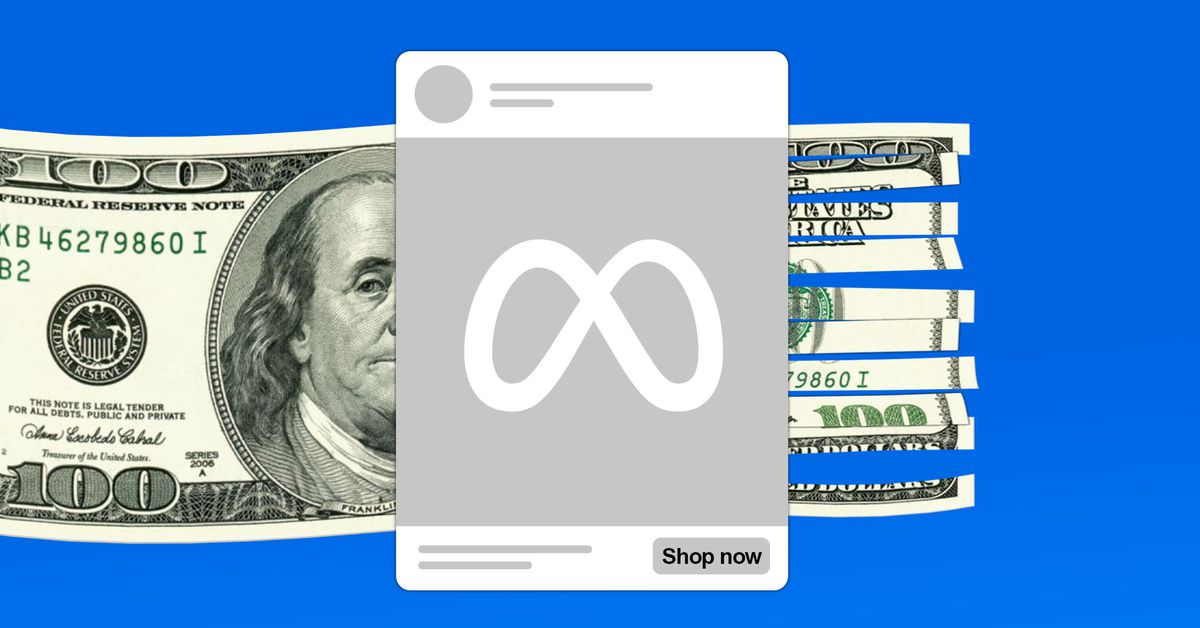- cross-posted to:
- [email protected]
- [email protected]
- cross-posted to:
- [email protected]
- [email protected]
This just in: tool developed by company who makes money from ad spending tries its best to spend as much as possible on ads regardless of effectiveness… more at 11.
They cut thousands of jobs in the name of efficiency, then roll out an AI customer service bot to replace people in managing problems with their flashy new AI tool that is glitching out, more expensive and delivering worse results.
Surely nobody saw this coming right?
How is them making more money selling bogus ads “worse results” for them, though?
The worse results likely refers to results for advertisers but this will impact Meta’s ad revenue in the long run.
The article cited an example with almost zero sales with CPMs of $250, which is crazy high. I’d also bet the biggest chunk of advertisers using these tools don’t have sophisticated advertising strategies or resources. Many of them will probably pause these poor performing campaigns and be very restrictive with future budgets until performance improves.
In short, Meta took a lot of money in a short time but didn’t earn much money back for advertisers, so they will spend less in the future and less money make Meta sad.
Next quarter doesn’t exist right now, so Meta truly doesn’t give a shit.
This is the best summary I could come up with:
RC Williams, the co-founder of the Philadelphia-based marketing agency 1-800-D2C, had set one of Meta’s automated ad tools to run campaigns for two separate clients.
“Meta’s unwillingness to be transparent or accountable with the performance issues and glitches is causing mass uncertainty,” Karl Baker, founder of meditation startup Mindfulness Works, wrote in a message to The Verge.
To create an ad campaign, advertisers upload their creative assets, pick their conversion goals (e.g., getting more customers to make purchases on Instagram), and then set their budget caps.
“We have a couple of clients for whom we completely stopped Advantage Plus due to these anomalies,” said Aniruddha Mishra, director of growth at Miami-based digital marketing agency Node Media.
With Advantage Plus shopping campaigns, Meta promised that AI and machine learning models could effectively replace the big gaping hole left by Apple’s privacy update.
But online advertisers would be effectively handing the reins over to Meta and no longer have access to the granular targeting controls and detailed analytics they did prior to Apple’s privacy changes.
The original article contains 1,610 words, the summary contains 173 words. Saved 89%. I’m a bot and I’m open source!
*publicist cash
Oh yeah, its all coming together.






